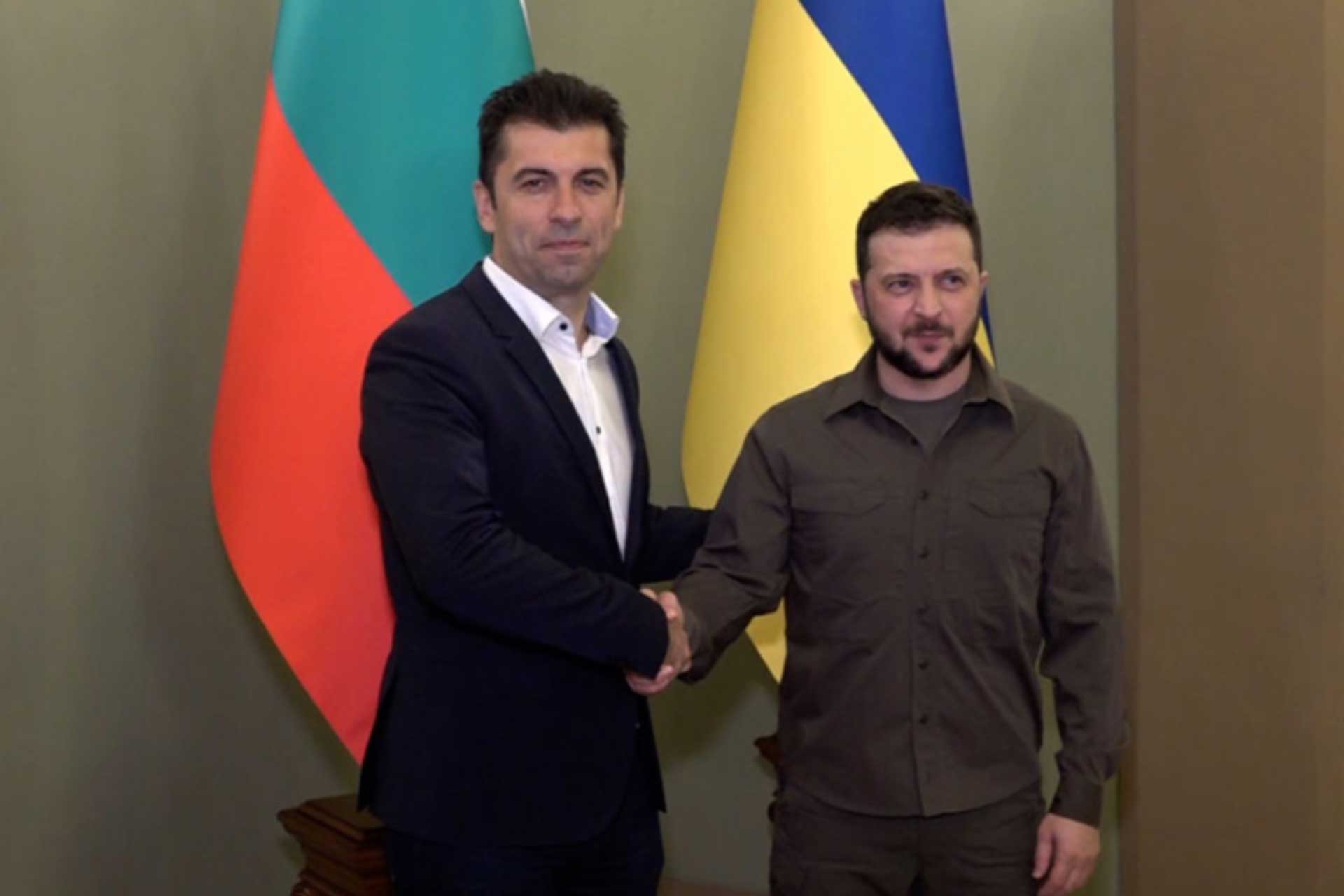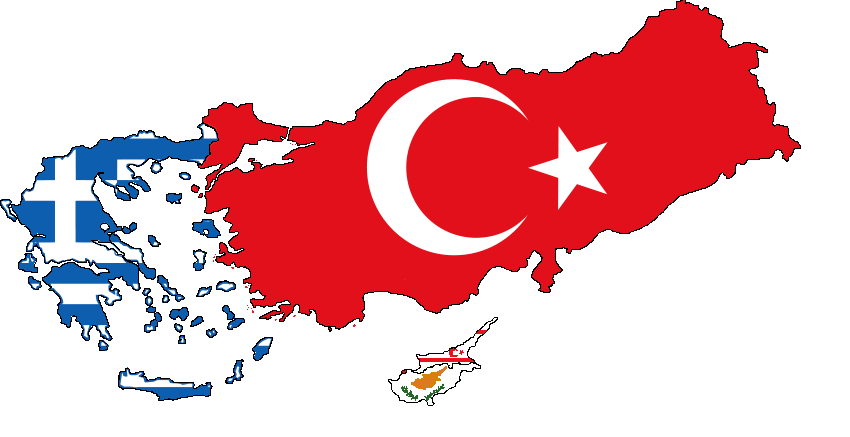Iran-Venezuela Relations: A Policy of Containment to the United States?
In the volatile landscape of the Middle East, Iran has long been perceived by the United States as a formidable adversary, with the establishment of the Mullah Regime marking a significant turning point in their diplomatic dynamics. Iran’s diplomatic forays into Latin America, a region geographically distant from its own borders, were construed as a response to perceived encirclement by the United States in the Middle East, albeit yielding limited success. Venezuela emerges as the most amenable Latin American ally to Iran, serving as its conduit to the continent.
Iran’s engagement with Latin America burgeoned notably during the tenure of President Ahmadinejad (2005-2013), transitioning from primarily oil-based ties to broader diplomatic interactions. Notably, Iran’s association with Venezuela traces back to the establishment of OPEC in 1960. However, following the 1979 Revolution, Iran’s maneuverability in Latin America was constrained, with certain countries like Mexico and Chile aligning with the US, while others such as Cuba, Uruguay, and Brazil began to cultivate relations with Iran.
The ascendance of leftist ideologies in Latin America, exemplified by Hugo Chávez’s rise to power in Venezuela in 2001, catalyzed deeper ties between Iran and Venezuela. Both nations found common cause in their anti-Western stance, with Chávez increasingly viewing Iran as a strategic ally amid heightened hostility from the West. Iran, in turn, perceived the US’s growing regional influence and the chaotic aftermath of George W. Bush’s policies in the Middle East as impetuses to expand its presence in Latin America, with Venezuela serving as a pivotal partner.
Iran’s foreign policy, akin to many Middle Eastern nations, is subject to significant fluctuations depending on the ruling government. Notably, Iran’s relations with Latin America experienced a cooling-off period following Ahmadinejad’s departure and the onset of the Arab Spring. President Rouhani, adopting a more conciliatory approach towards the West, sought to forge strategic alliances in Africa and Latin America, thereby distancing Iran from its erstwhile anti-US allies in the region.
However, post-2016, Iran reverted to a more confrontational stance towards the West, evident in Foreign Minister Javad Zarif’s recent visit to Latin America, signaling Iran’s renewed interest in the region. Notably, Iran’s burgeoning ties with Venezuela, underscored by the signing of a 20-year strategic cooperation agreement and the commencement of direct flights between the two nations, attest to the deepening rapport between them.
While Iran’s presence in Venezuela and Latin America may raise concerns for the United States, particularly amidst geopolitical tensions, the intricate interplay of factors, including the US’s imperative to bolster relations with oil-rich nations like Venezuela, suggests a nuanced trajectory. The recent strategic cooperation agreement between Venezuela and Iran may indeed serve as a mechanism for Venezuela to recalibrate its relations, potentially balancing Iran’s influence with nascent dialogue with the US. In the foreseeable future, the enduring significance of oil in shaping interstate relations suggests that US-Venezuela ties will continue to evolve, albeit with considerations for broader geopolitical dynamics.




Comments